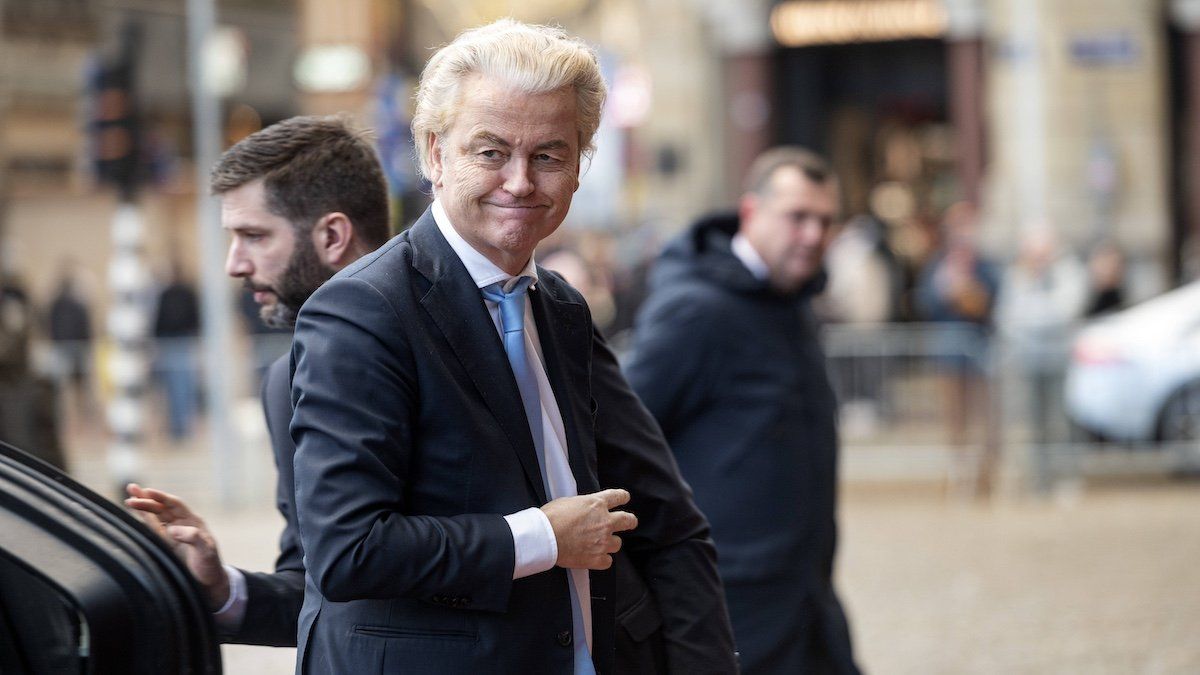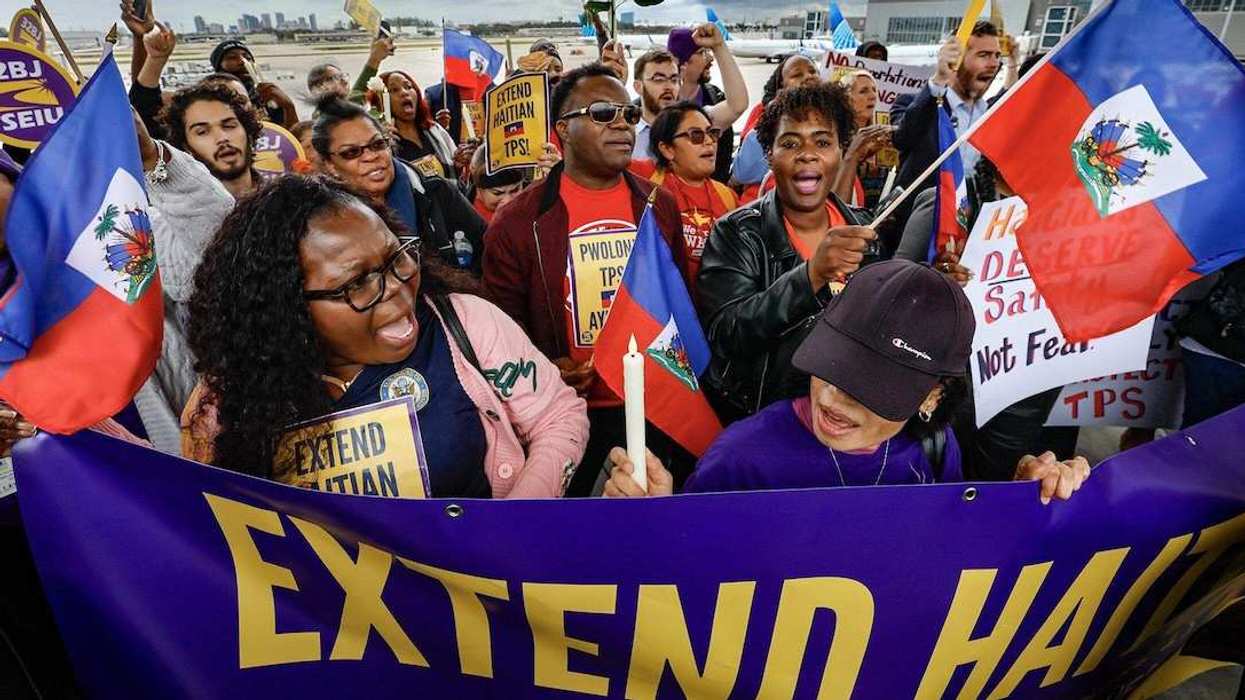Dutch far-right politician Geert Wilders will not become prime minister of his country, despite getting the most votes in last year’s election.
Although Wilders’ PVV party swept to victory on a scorching anti-Islam and anti-migrant “Dutch First” message, he still needed coalition partners to form a government. Months of talks with a handful of center-right parties ended this week without support for Wilders as PM.
The result prolongs the political uncertainty for the Netherlands, which looks headed for a bizarre “extra-parliamentary cabinet” headed by a technocrat cabinet in which none of the ministers is from the PVV or the other three parties.
On the one hand, the episode is another example of the practical limits for European far-right parties, despite their rising electoral fortunes. (We saw something similar in Portugal last weekend, where the far-right Chega party was sweet at the polls but still too toxic for a coalition.)
But watch closely. Wilders has said he would “like a right-wing cabinet.” Will Wilders, given his obvious popularity, be able to pull policy rightward even from outside the government?



















